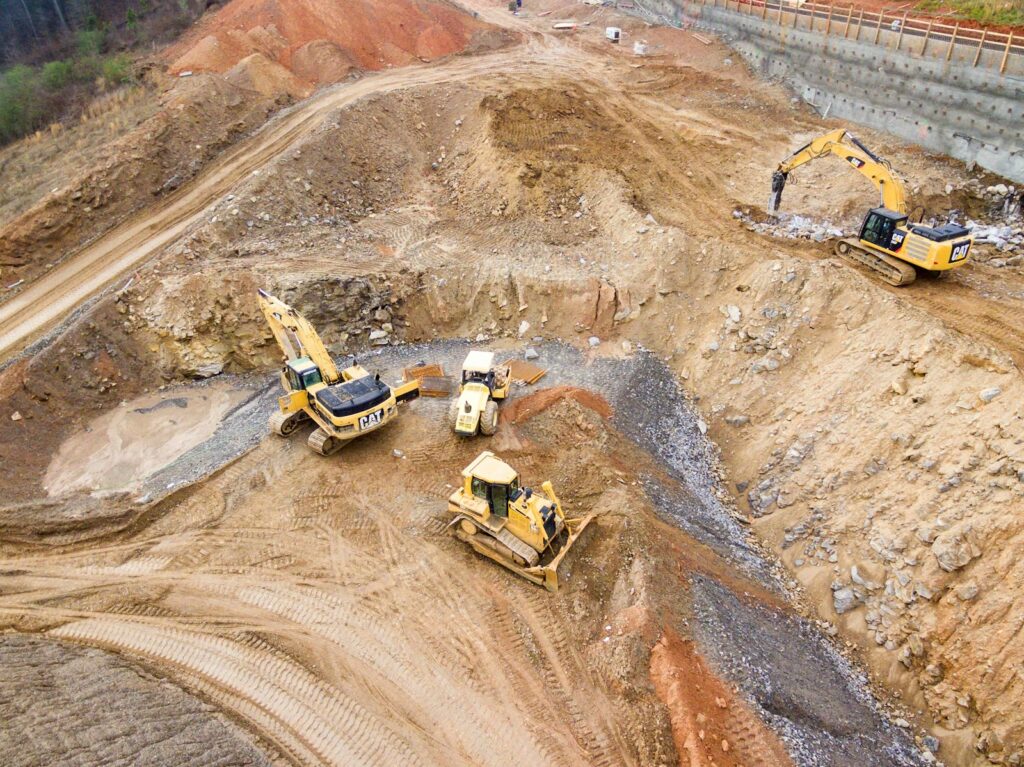Climate-related disasters have killed more than 410,000 people in the past decade, according to a report published by the Red Cross.
According to the report, 83% of all natural disasters in the past decade were caused by extreme weather and climate-related events such as floods, storms and heatwaves.
The research revealed that floods affect more people than any other natural hazard and that without action, 147 million people may be at risk of flooding by 2030.
Based on these findings, the British Red Cross is calling on global leaders to end the effects of the climate crisis by taking urgent action.
In the report, the Red Cross highlights that while extreme weather hazards may be natural and inevitable, disasters are not, and often happen when communities are not prepared.
Therefore the authors have expressed concern over the fact that the countries most affected by climate-related disasters receive only a fraction of the funding that is available to tackle the impacts of climate change.
As the world recovers from Covid-19, the Red Cross is calling for global leaders to tackle climate change simultaneously, by ensuring funding to invest in disaster risk reduction, early warning systems and community resilience.
Mike Adamson, CEO at the British Red Cross, says: ‘As the world’s largest humanitarian network, we respond day in day out to extreme weather events like monsoons, typhoons, flooding and severe drought.
‘Behind shocking climate statistics are real people.
‘From the family who can’t put food on the table because their crops have been washed away, to the family made homeless because their house has been destroyed. But it doesn’t have to be this way and we can stop people’s lives being devastated by the climate crisis.
‘The British Red Cross is working with communities in the UK and across the world, right now, to build resilient communities, both today and in the future.
‘But we can’t do this alone. Ahead of COP26, the international community must scale up adaptation action now, including more investment in disaster risk reduction and being better prepared.’
Photo Credit – Pixabay
















